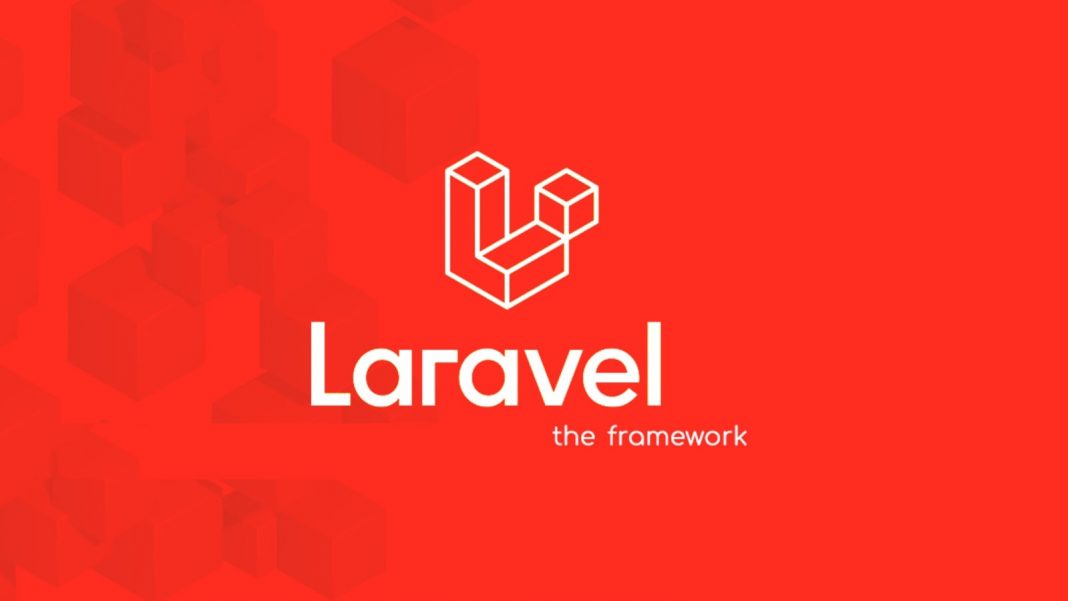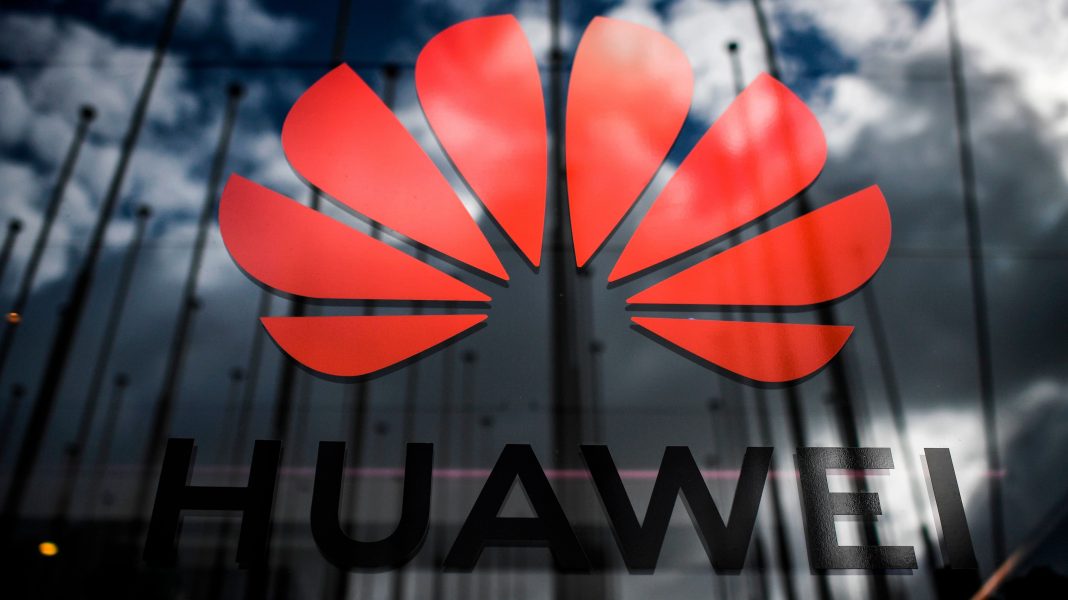There might be at least one Galaxy Note next year before Samsung puts the series out to pasture. Korean media outlet ET News reports that Samsung will eventually merge the Galaxy S and Note lines by adding an S-Pen to the former. However, the company might still launch a Galaxy Note series phone, presumably the Galaxy Note 21, next year.
This isn’t the first we’re hearing of Samsung scrapping the Note series altogether. Just last week, another Korean business daily reported that Samsung will add the S-Pen to the Galaxy S21 Ultra and Galaxy Z Fold 3. This means discontinuing the Note series for good. The latest report also reiterates this information but quotes an official from the smartphone industry saying that Samsung will phases out the line with one last Note phone.
“It is likely that there will only be one model of the new Note series that is scheduled to be released in the second half of 2021,” the unnamed industry insider told ET News. “Samsung Electronics will look to focus more on foldable smartphones rather than its next Note series in the second half of 2021,” the person added.
The report goes on to suggest that Samsung plans to launch multiple foldable phones in 2021. But before that, the company is looking to conduct more research and development on ultra-thin glass as well as the digitizer. The latter facilitates S-Pen inputs and needs to be foldable in order to be implemented on the so-called Galaxy Z Fold 3.
Rumors about Samsung ditching the Note series have been circulating since 2018. At one point, the company was reportedly debating a new name for the unified Galaxy S and Note line. While we haven’t heard any more rumors to that effect this year, the demise of the Note series seems certain. Samsung hasn’t acknowledged these reports yet, but we might get an update from the company during the purported January launch event for the Galaxy S21 series.



